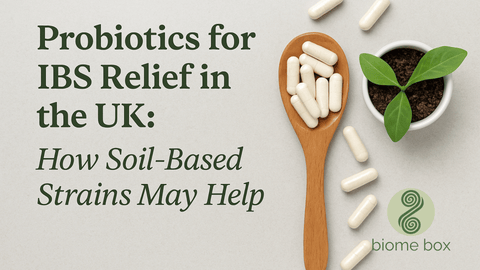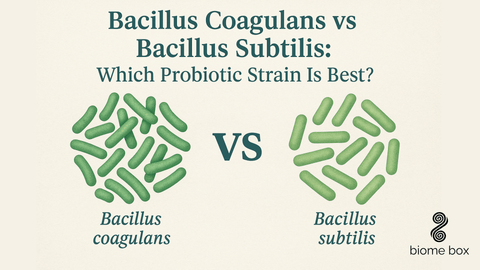What is Regeneration?

What is Regeneration?
There is much confusion in the sustainable and regenerative worlds today. People adopt buzz words and fads all the time, attaching their own understandings to terms that had previously carried little in the way of pre-conceived ideation. ‘Regenerative’ and ‘Sustainable’ are not escaping the trip down the ‘faddy’ funnel, in the same way as we now obscure what is truly meaningful about the words organic and holistic.
Being heavily involved in regenerative agriculture, I have often deeply considered what regenerative actually means. I have always been an advocate for balance in all things. Balance implies that what goes up must come down, it speaks to mechanical forces of equal and opposite reactions and it encompasses the idea of the circle of life, where life balances death.
Balance says that what we take we must put back and what we reap so we shall sow. You could say that sustainability was formed around the idea of balance. Sustainability is about using resources at the same rate that they can be replaced, essentially maintaining the way things are, utilising ideas such as creating closed loop systems, recycling resources and planting a tree for every one that is chopped down, (don’t get me started on the idiocy of chopping ancient trees down and replacing them with new plantations).
Yet looking at the huge debt we have accrued over the last century in the natural world, using resources faster than they can be replaced, destroying habitats and species faster than they can recover, we all know that sustainable systems just won't cut it. No-one wants to maintain things in their current state. We definitely need to get into regenerative mode, whereby we repair, heal and restore what has been damaged, deconstructed and destroyed. But does that mean regenerative goes beyond balance? Is it possible to give more than we take, to make up for centuries of imbalanced overuse? Does attempting to restore more than we take, lead us even further away from balance and therefore inadvertently create more destruction?
When we look at how people are attempting to define regenerative in terms of agriculture we can confidently state that regeneration creates greater biodiversity, (of life above and below ground), whilst increasing soil carbon content, ecosystem complexity and bio-available nutrient levels. But if we step back a little further, we can begin to see the unravelling of greater levels of beauty, harmony, balance and order in perfect mathematical proportions.
The outcome of regeneration is more diversity, more beauty, more perfected proportionality.
If we look at nature, it is continuously building levels of organic matter, releasing ever greater levels of stored minerals previously locked up in the rocky layers beneath our feet. Nature is continuously moving matter from one form into another, energy after all can never be created, nor destroyed.
Nature is ever expanding and evolving into greater complexity and potentials for infinite interweaving of interference patterns. The colours and sounds that interconnect in a wild flower meadow filled with diverse forms of life, far surpass what the human senses can interpret. A bee can view the many visual tonalities of a flower that we have not evolved to see, a fox can smell the many tonalities of scent that we have not evolved to smell, goodness knows what vibrations a spider can pick up.
Nature is an art form, human beings are an art form. To regenerate is not simply to measure more carbon in the soil, or the water retention capacity of the soil.
Regeneration restores the capacity for the evolution of life into an increasingly perfected expression.
Regeneration cannot happen without understanding the need for balance, for allowing the perfect mathematical proportions of nature to unfurl. Regeneration needs to be understood in its whole definition. It is in essence ‘natural’.
We could therefore quite reasonably replace the term 'regenerative agriculture' with 'natural agriculture' or perhaps more precisely with 'proportionate agriculture'.
In our imbalanced world many want to believe that we can somehow regenerate nature through prescribed processes and strategic systems based on the analysis of data or predictive models. The truth of the matter however, is that the only way we can regenerate that which is natural, is to align with and make decisions from our true nature. This requires that we regenerate ourselves through opening to our balanced potential. The essential key is in achieving balance within ourselves, such that we can create balance without.
Regeneration requires a mind open enough to receive the visionary ideals and impressions of natural beauty and creativity.
Someone destined to become a true steward of the land, a regenerative farmer knows how to care for the land, like a plant knows how to grow. It’s built into their nature. But to unlock such innate gifts and perhaps hidden talents one must first recognise that the path there is a living work of art and the true artist is to be found in the stillness within.
The only place one may access such stillness - is through achieving balance.
Regeneration does not mean restoring things to how they were, it continues to move forward from where we are. Stepping into becoming regenerative involves becoming a note within a beautiful and eternal symphony.
Regeneration encompasses the capacity to create a more beautiful snowflake without ever seeing it.
......and beauty can only emerge from balance.






